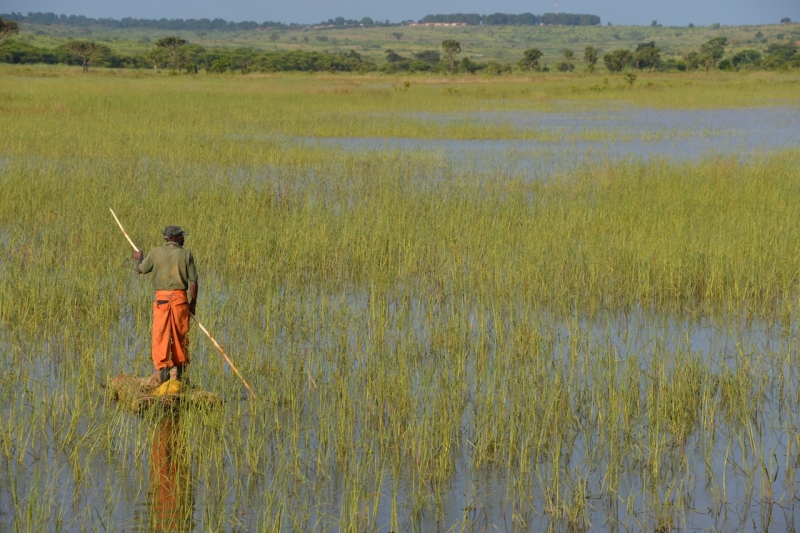In this day and age, countries that have yet to be trodden by hordes of travellers are far and few in between. Yet, there are still places that have yet to feel much impact from the footsteps of travellers due to issues concerning safety, lack of tourist infrastructure, or stringent visa policies.
One such country that has seen few tourists is Angola, an African nation that borders with Zambia, Botswana and the Democratic Republic of Congo. Previously, citizens of ALL countries, with the exception of those from Namibia and South Africa, require a visa prior to arrival. This is in contrast to many other African nations that issue visa on arrival to travellers of various nationalities.

Luanda, Angola
However, a wind of change has swept through Angola. It was recently announced that Angola will be granting visa on arrival to citizens of 61 countries spanning Africa, Europe and beyond. Countries in Asia that are to benefit from this new rule include Singapore, Indonesia, South Korea, Japan and China.
This presidential decree is set to be enforced from 30 March 2018. To obtain the visa, travellers should submit evidence of their accommodation and financial means, and have an international certificate of vaccination and a return ticket. The previously-enforced requirement of having an invitation letter will be scrapped.
While Angola hopes for a boost in tourist numbers with the liberalisation of their visa policies, travellers should take note that the tourism industry in the country is relatively new. This nation, which was once a Portuguese overseas territory, escaped the clutches of a 27-year civil war in 2002.

Lunda Norte Province, Angola
As such, this destination is truly one for the adventurous or the seasoned traveller. That said, those who are willing to take the road less travelled will be rewarded with quiet beaches, virgin rainforests, endless plains, and charming cities. And while most of the population are unable to converse in English (they speak Portuguese instead), they are fun-loving and welcoming.
To get to Angola from Asia, look for flight connections via Dubai (UAE), Addis Ababa (Ethiopia) or Johannesburg (South Africa).





